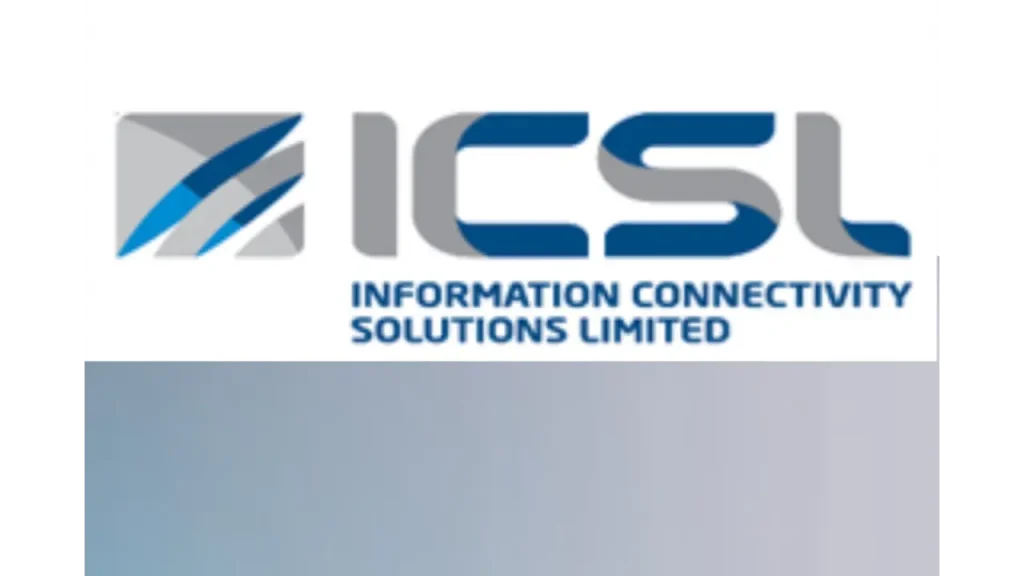• ICSL delivers high-availability, low-latency IP services in West Africa through fibre, wireless, VSAT and microwave links, with multiple upstreams and peering  
• The company faces network resilience issues such as erratic power and infrastructure gaps; CEO Yemi Oshodi highlights collaborative and hybrid-technology approaches as recent innovation thrusts
Information Connectivity Solutions Limited: infrastructure and peering innovation
Information Connectivity Solutions Limited (ICSL) operates as a premium managed-network service provider in Nigeria, leveraging a hybrid mix of fibre, microwave, VSAT and wireless links to deliver broadband Internet across West Africa. Registered in 2010 and known under AS 37269, the company peers with major regional carriers such as MainOne, Dolphin Telecom and international peers to ensure low-latency, high-availability IP connectivity to corporate clients . This multilayered peering architecture allows ICSL to maintain robust resilience amid local infrastructure volatility. Its Lagos-based network operations centre coordinates upstream fail-over and routing performance to maintain service quality for enterprise users.
Despite its rapid development, this company requirements to continue getting up with novel methods to cope with last-mile difficulties, fiber outages, and disorganized energy supplies.ICSL addresses these by combining VSAT and microwave backup links during fibre outages, and selectively routing traffic through the most performant peers during congestion or cut-events. This agile mix highlights ICSL’s adaptation to West Africa’s often fragmented telecom environment, enabling critical connectivity for business, education and government functions.
Also read: Vietnam EV Maker VinFast To Get $3.5 Bn In New Funding
Also read: Rivian Jumps On Expanded Volkswagen Joint Venture; VW EVs As Early As 2027
Information Connectivity Solutions Limited: leadership insight and future directions
ICSL’s leadership, typified by CEO Yemi Oshodi, has been vocal about the strategic response to persistent power and infrastructure challenges in the ICT sector. Oshodi emphasised inter-industry collaboration, multiple transport-media redundancy and smarter traffic routing as key to ensuring uptime in Nigeria’s challenging operational context. By aligning with regional Internet exchange points and leveraging satellite backup, ICSL has begun rolling out innovations in service-level resilience and performance optimisation.
On the corporate side, internal reviews suggest a modest workforce size of roughly 50-200 employees based in Lekki, Lagos, with ratings reflecting constraints in growth opportunities and management structure as areas for improvement. Nonetheless, employees acknowledge the technical learning environment, particularly in network operations roles. This positions ICSL as not only a connectivity innovator but also a training ground for West African ICT talent.
Looking ahead, ICSL appears poised to extend its managed-network offerings further into enterprise IoT and cloud-centric service delivery. Its existing IP backbone, peering arrangements and hybrid-media backup architecture lay the groundwork for scaling into next-generation connectivity products suitable for remote-site monitoring, emergency-response deployments and corporate branch-link solutions.

